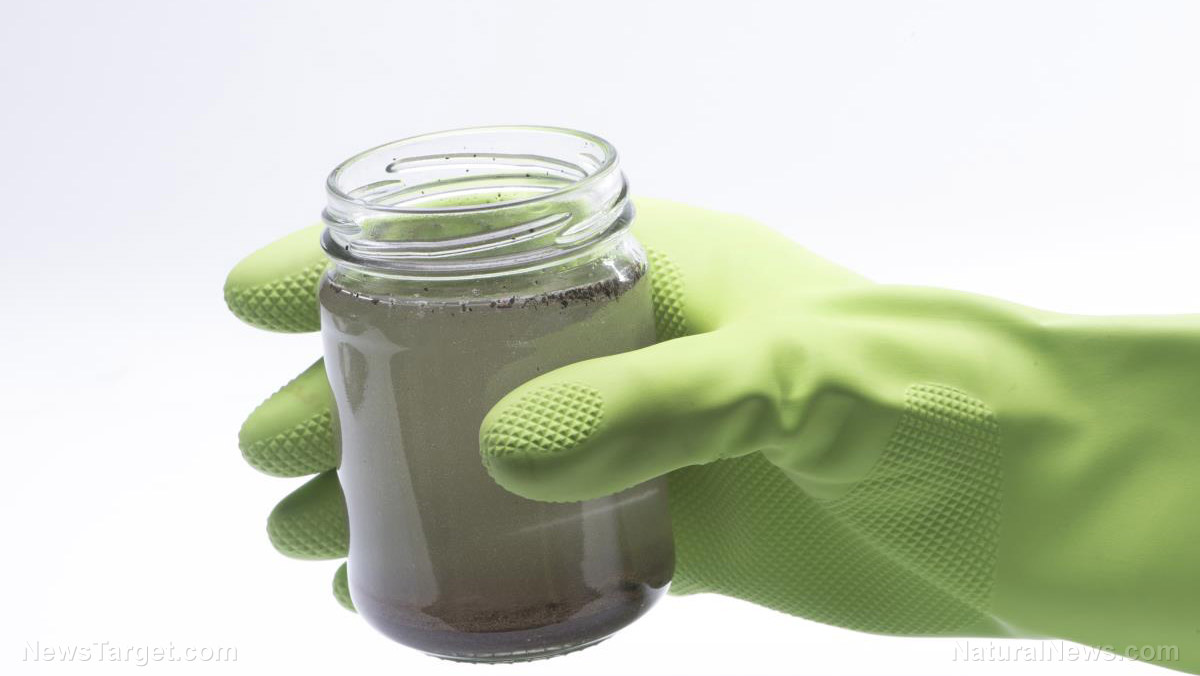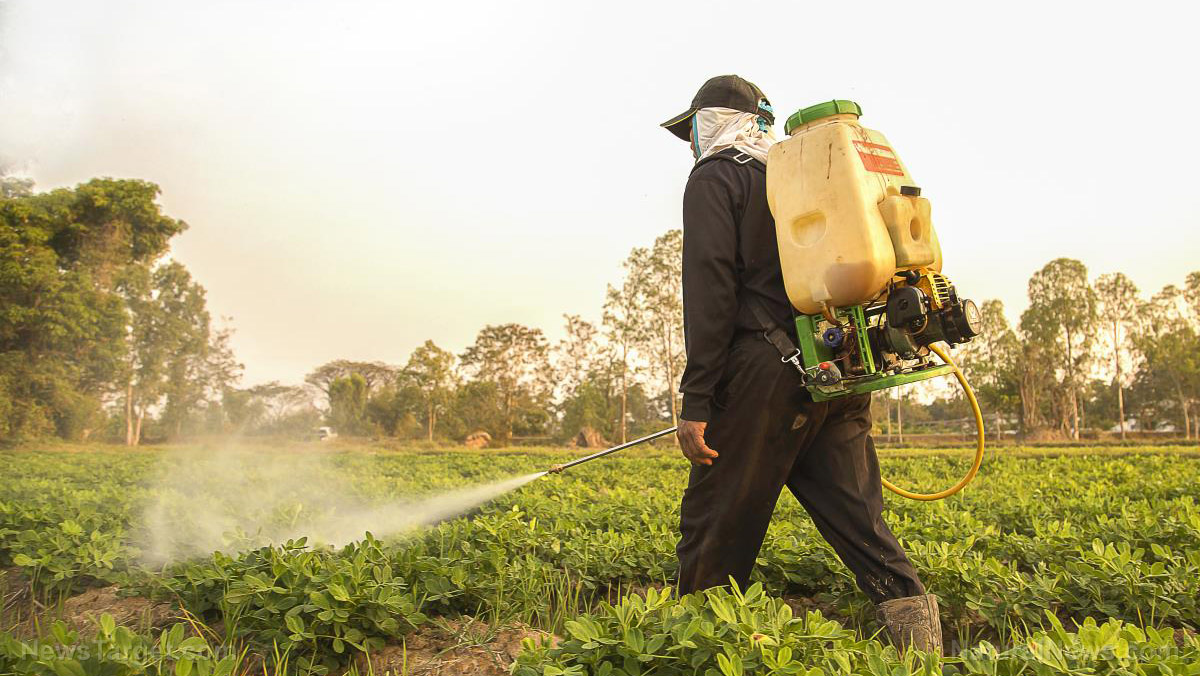Tragic: Four children die after poisonous pesticide is sprayed under their mobile home
03/15/2017 / By Tracey Watson

Aluminum phosphide, commonly known as Fumitoxin, is a cheap, freely available pesticide used to control rodents in agricultural areas. It reacts to the addition of moisture to create phosphine gas when dropped into rodent burrows. The EPA has classified it as Toxicity Category 1, a “restricted use pesticide.” It can only be applied by applicators certified to do so, and may not be used within 100 feet of any residential structure. And these restrictions are vitally important since aluminum phosphide is one of the most common causes of poisoning among all agricultural pesticides.
The illegal use of this pesticide led to tragedy after it was applied under a mobile home in Amarillo, Texas, earlier this year. When some of the 10 inhabitants of the home started feeling sick, one of them tried washing the poison away with water, causing the toxic phosphine gas to be instantly released. Tragically, four children between the ages of 7 and 17 died. One was declared dead at the scene, and the other three succumbed to their injuries in hospital. Though five more of the inhabitants got sick, they all survived. This is likely because children are more susceptible to poisoning than adults, simply because their little organs are not yet fully developed and are not able to effectively detoxify such chemicals.
There is no known antidote to aluminum phosphide poisoning, and supportive care is the only possible treatment. Chances of survival increase with early medical intervention and diagnosis. Doctors will perform gastric lavage using a medication called KMnO4, or failing that, coconut oil. Intensive monitoring and supportive therapy are also required, according to an article in the Journal of Emergencies, Trauma, and Shock. Since the heart is directly affected by the poison, cardiovascular support is also vital.
Identifying aluminum phosphide poisoning can be tricky, since the symptoms are both non-specific and instantaneous. Nonetheless, some of the common symptoms include nausea and stomach pain, restlessness and agitation, and chills. If the patient has suffered severe exposure he may experience trouble breathing, respiratory failure, a rapid pulse, plunging blood pressure, pulmonary edema (an accumulation of fluid in the tissue and air spaces of the lungs) and even death, as was the case for the kids in Amarillo.
Beyond Pesticides has long called for the banning of aluminum phosphide and other similarly toxic chemicals. They argue that there are other, less toxic ways to control rodents, including integrative pest management (IPM), which involves educating people about better sanitation, repairing structures so that they are rodent-proof, and limiting access to areas that are likely to attract rodents.
Pesticides like aluminum phosphide also add to the ever-increasing levels of toxins in our waterways. Cornell University’s Pesticide Safety Education Program (PSEP) notes that the use of synthetic compounds, including pesticides, has increased dramatically over the past 40 years. They write, “Traditionally, groundwater has been assumed to be a relatively pristine source of water, cleaner and better protected than surface water supplies. … Within the past decade, however, a variety of synthetic organic compounds have been discovered in the nation’s groundwater, often at concentrations far exceeding those in surface water supplies.”
Over 700 such synthetic organic compounds have been identified in U.S. drinking water, including pesticides. PSEP explains that toxins “accumulate in the environment and build up to toxic concentrations in food chains.” While acute toxicity (immediate poisoning from exposure) is most often reported on by the media, a more insidious danger is chronic toxicity, in which we are slowly poisoned from prolonged exposure to a toxin. Exposure to pesticide residue in our drinking water, as well as through many of the fruits and vegetables we eat, which are routinely sprayed with these damaging chemicals, can have devastating long-term effects. Pesticides have been linked to developmental problems, lowered IQ in children, hormonal imbalances, cancer and Alzheimer’s, among others.
It is incredibly important to avoid chemical use, ensure you have access to clean, filtered water and buy or grow your own organic, non-GMO fruits and vegetables to protect the health of your family. Find more news about the toxic effects of metals like aluminum at Metals.news.
Sources:
Tagged Under:



















